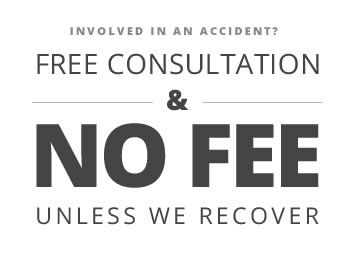By now, you’ve surely seen the headlines about Tiger Woods’ recent arrest on suspicion of drunk driving. You’ve probably also read the news reports, such as in Baltimore’s CBS affiliate WJZ News 13, stating that the superstar athlete submitted to breathalyzer tests. Not once, but twice, the results came back as negative for the presence of alcohol. However, Mr. Woods did admit to using multiple prescription medications, including painkillers. While further details may not be available until his arraignment on July 5, 2017, it’s possible that the famous golfer will be charged with drugged driving. In Maryland, the offense is termed driving under the influence of drugs (DUID). These matters have a lot in common with drunk driving cases under state law, but they’re also distinct offenses that you’d be wise to entrust to an experienced DUI/DWI lawyer.
Maryland’s Statute on DUID: There are two relevant provisions under state law that address the offense of driving under the influence of drugs. A person may not operate a vehicle:
- When he or she is so impaired by a drug, combination of drugs, or combination of drugs and alcohol, that it’s not possible to drive safely – even if the individual has a prescription for the drug; and,
- When impaired by a controlled dangerous substance as designated by law, if he or she is not legally entitled to use it.
The differences between these two DUID provisions is subtle. With #1, it is no defense that you have a prescription because your driving is so impaired that you’re a threat to the public. Under #2, the controlled substance is so dangerous that you should not be driving with any trace of it in your system.
Evidence at a DUID Hearing: Drugged driving cases are unique because, while a test for drugs or controlled dangerous substances is admissible against you as evidence, the results are more difficult to obtain. The test must be handled using a blood sample, and only an officer with the proper drug recognition credentials may request that a driver take it.
Still, the observations of law enforcement are admissible in court and in your DUID hearing to prove impairment. If you fail field sobriety tests and exhibit behavior that indicates drug usage, you may be charged with DUID – even if you subsequently blow a 0.00 percent on a breathalyzer exam. In addition, there may be other observations of police officers to support a drugged driving conviction. The smell of marijuana, bloodshot eyes, or presence of drug paraphernalia are examples.
This information regarding Maryland DUID cases should be helpful if you’ve been charged with drugged driving, but it’s no replacement for the assistance of a skilled lawyer. An experienced attorney knows the law and procedural rules, and can draw from an extensive background to develop a strategy for your defense. You’re facing both criminal charges and consequences for your driving privileges, especially if you have a history of offenses. For more information on Maryland DUID and DUI/DWI, please contact attorney Michael A. Freedman. We can answer your questions or schedule a consultation with a lawyer at our Baltimore County, MD office.
See Related Blog Posts:
Field Sobriety Tests for DUI/DWI in Maryland
Pre-Trial Motions in Baltimore County, MD DUI Cases


